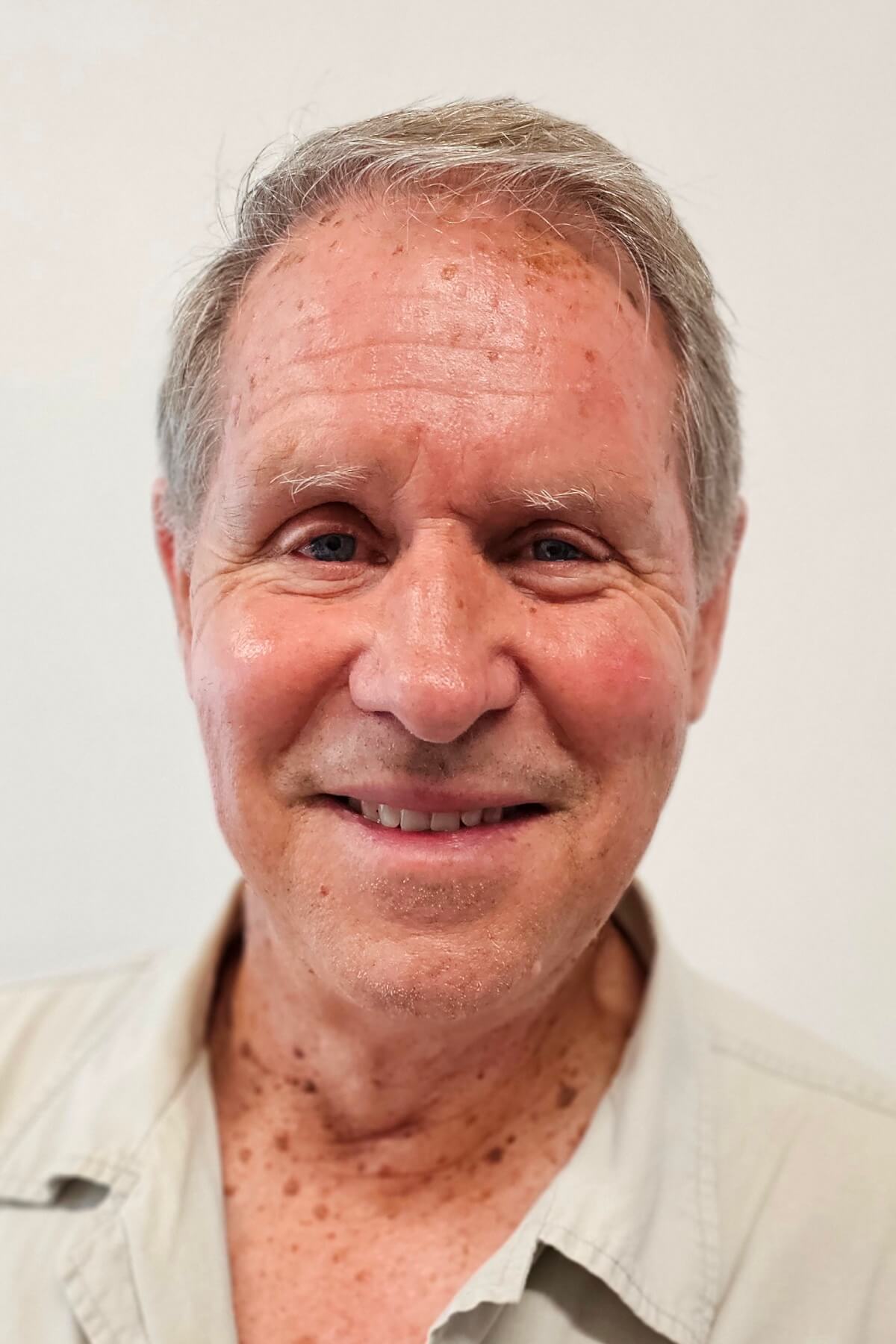
The Bible
I liked watching BBC Television’s production Antiques Roadshow where guests brought their rare and strange items for expert valuation.

Murray Smith
In 2021, specialist evaluator Marc Allum declined valuing a very odd item a guest presented a carved figurine. It was something no one could figure out. Allum was baffled by it. The guest explained excavation on his property had unearthed this mysterious carved stone figure.
Allum shared his thoughts on the item. “It’s the strangest, most enigmatic little object I’ve seen for a long time.” He said he was unable to accurately value the item because he couldn’t ascertain what it actually was. I think he made a wise call because not understanding something’s origin – who made it, it’s history and ultimately its intended purpose, means no markers exist for attributing value to it.
Ages ago when I was undertaking some training in counselling, the subject of ‘teleology’ was introduced. To be perfectly honest, I was neither familiar nor even acquainted with the term or its relevance back then. It could have meant honing the ‘skill’ of watching television for all I knew.
Our word teleology comes from a Greek word ‘telos’ meaning goal, end, or fulfilment. For Ancient Greek philosophers like Plato and Aristotle, ‘telos’ would be to look at a seed for example and conclude that the seed’s telos is to grow into an adult plant. An acorn’s telos is to grow into an oak tree. A chair’s telos is to be sat on.
Teleology is about determining and knowing something’s purpose or end-goal in order to understand and make sense of it. Often, in trying to understand something, we ask questions like, “What is it for?” In the counselling training I did, ‘personal’ teleology, was considered important since a would-be counsellor’s effectiveness, depended on a clear understanding of their personal ‘telos’ – in order to be able to encourage a client in the same direction. In other words, to have clarity around the basic reason for our existence and our “end purpose or goal” is essential. Having a truth-based framework and rationale for “why on earth am I here?” and “what is my purpose?” is what makes sense of life. But where would you find a framework that provides truthful, honest answers for our life purpose and ultimate end-goal?
The Bible neatly summarises the purpose for our lives and it all centres around the unfathomable value God places on us and His desire for personal relationship with everyone, made possible through Jesus Christ, the Saviour. The Apostle Paul wrote, “We preach and proclaim Jesus, warning and admonishing everyone, instructing everyone in all wisdom (comprehensive insight into the ways and purposes of God), that we may present every person mature (full-grown, fully initiated, complete, and perfect in Christ the Anointed One.”) (Colossians 1:28 Amplified Bible)
Have you discovered the truth about ‘what on earth’ you’re here for..? Sadly way too many people have not. An early church leader, Saint Augustine came to faith having lived a conflicted life with its fair share of hardship. His words resound with timeless truth centuries on…“You have made us for yourself, O Lord, and our hearts are restless until they rest in You.”

Flat Lay of the Holy Bible and Items on the Desk. Photo: Chris Liu, pexels.com








